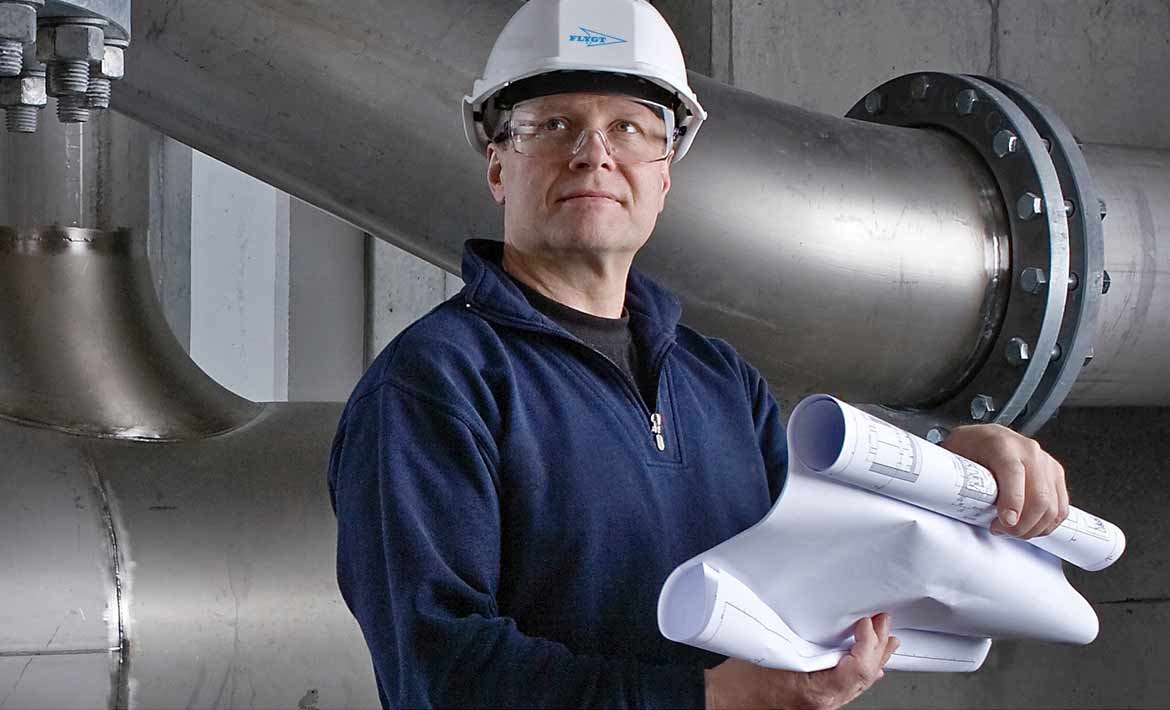Wastewater treatment encompasses physical, biological and chemical processes of getting rid of contaminants from wastewater that isn’t safe for human use. Treatment of wastewater in Australia makes contaminated water useful again. Due to the worldwide water shortage, governments are looking into technologies that can be used to treat wastewater that comes from restaurants, resorts and homes. It is easier to treat wastewater that comes from homes than it is to recycle wastewater coming from industries and restaurants. This is because water from industry contains high levels of organic matter. Different systems for wastewater treatment are used on oily water coming from factories. Using modern technologies to treat such water is more effective than normal water treatment. Here are some benefits of treating wastewater from industries.
Maintain usable and clean water
Treatment of wastewater in Australia ensures that you have usable and clean water all through. The water can be sanitized and purified for human consumption. Right now, we are having a scarcity of water in different parts of the world. It is, therefore, necessary to re-use water instead of wasting it.
Waste reduction
Various processes are used to treat wastewater from industries to reduce the amount of waste released in the environment. This reduces environmental pollutions. There have been cases where aquatic animals and fish died due to a Chinese company releasing contaminated wastewater into rivers. By treating wastewater, industries practice their responsibility of ensuring the environment is clean and safe not just for people, but other animals.
Prevent disease
A wastewater treatment plant in Australia is necessary for any factory, restaurant and business that releases water to the environment. Treating water prevents disease-causing bacteria from getting into sources of water where it can harm animals and plants.
Helps the economy
Treatment of wastewater helps the economy of the country as it reduces the number of resources spent to initiate projects to prevent pollution. Water treatment plants create jobs for people as it requires labour to run the plants. Sometimes the recycled water is sold as a way of creating income.
Energy production
During the process of treating water, sludge is collected and kept in fully enclosed containers. At this stage, anaerobic bacteria are introduced. After introducing anaerobic bacteria, the containers are heated at 35 degrees Celsius. This produces gas that contains a large amount of methane. The gas is then harvested and used to generate electricity which may be transmitted to the national grid or used by the plant to purify more water. This makes treatment of industrial wastewater a self-sustaining process as the energy released from the treatment of water is used to power the plants. The extra energy transmitted to the national grid reduces the dependence on petrol and other fossil fuels.
The above benefits of wastewater treatment make water treatment a good solution in Australia to the water crisis in the world. It will also increase the population of the world. It is, therefore, important for countries and individual businesses to invest in water treatment. Governments should put policies in place to control how industries treat wastewater before releasing it to the environment.





